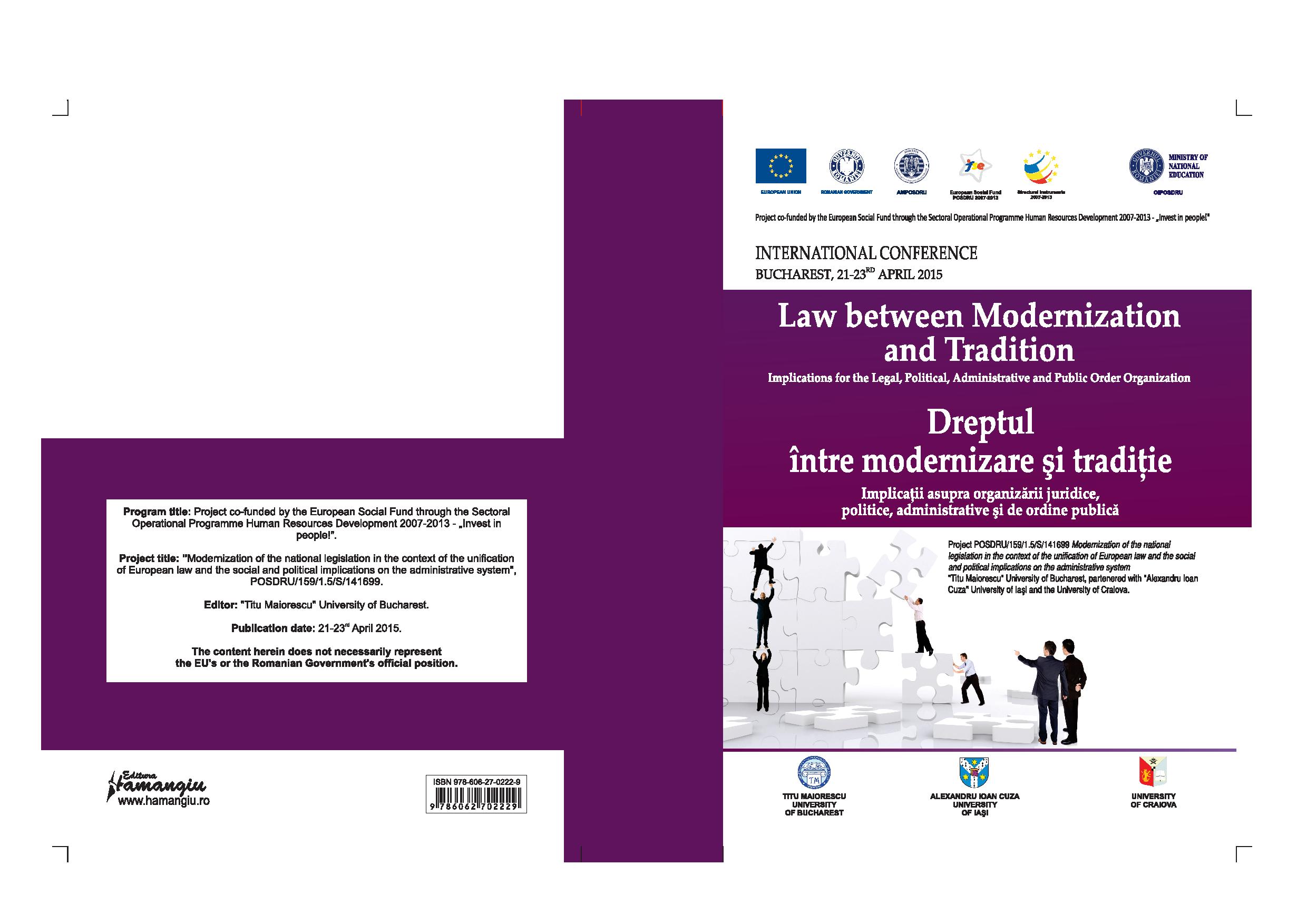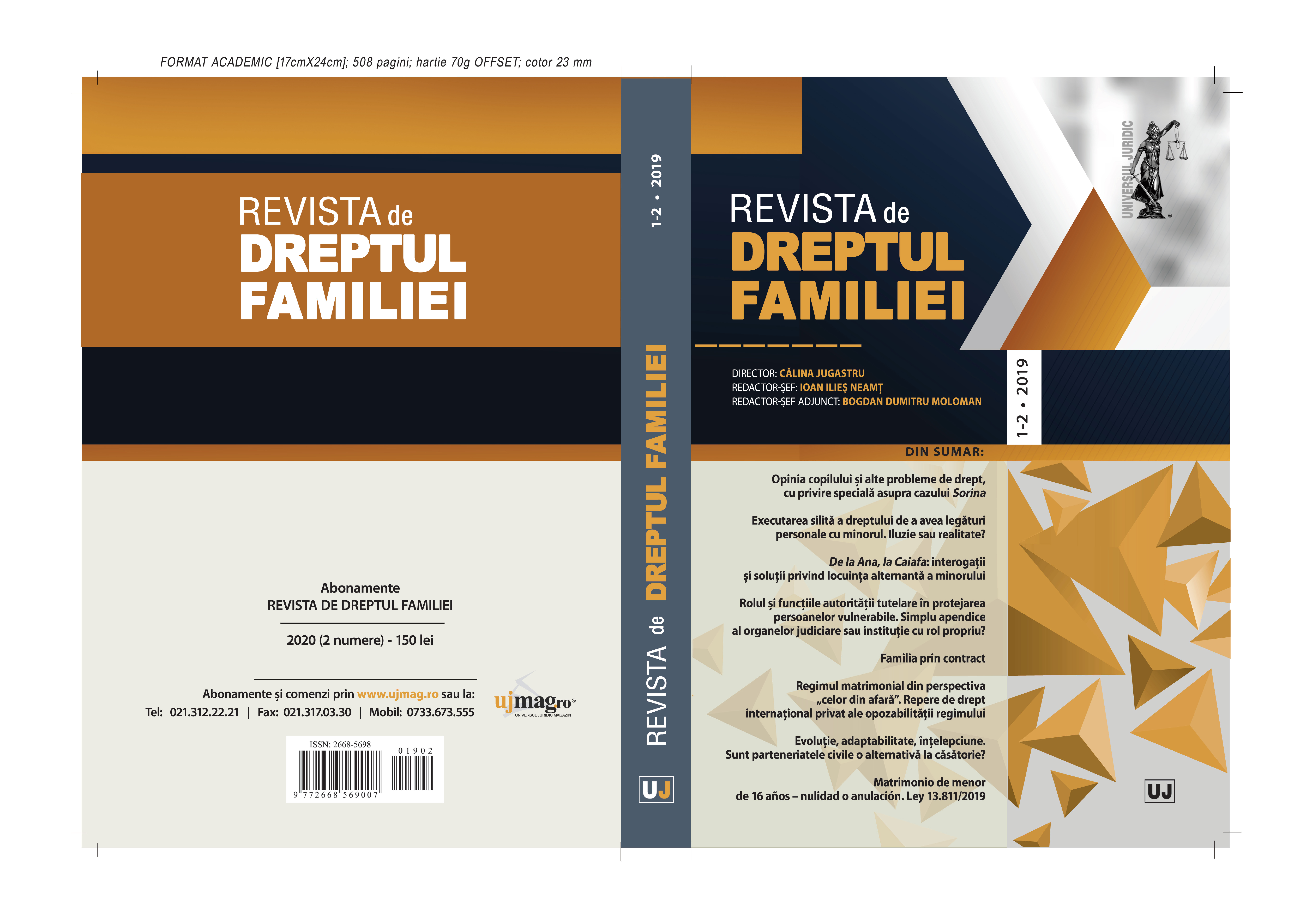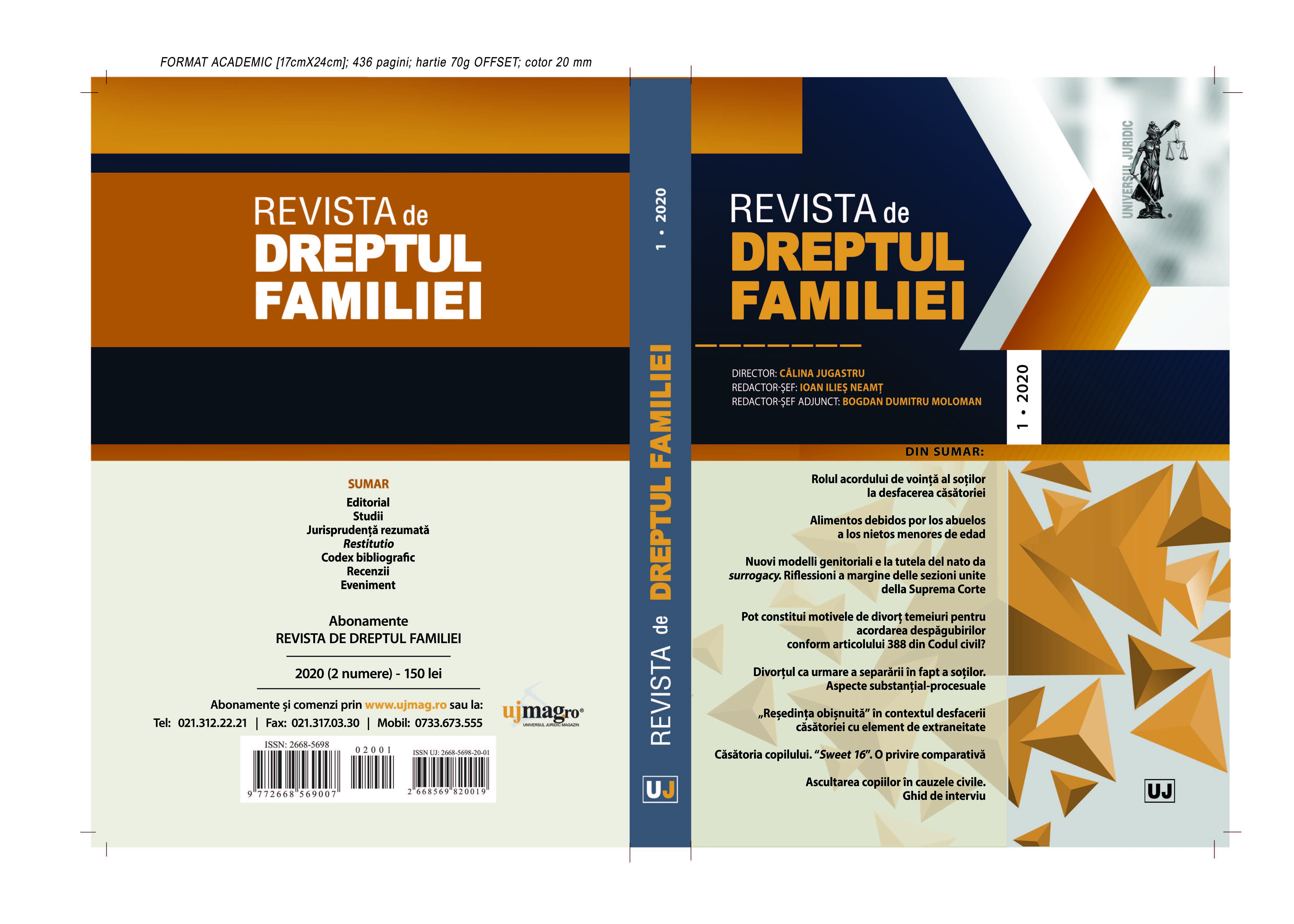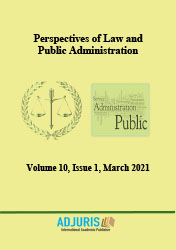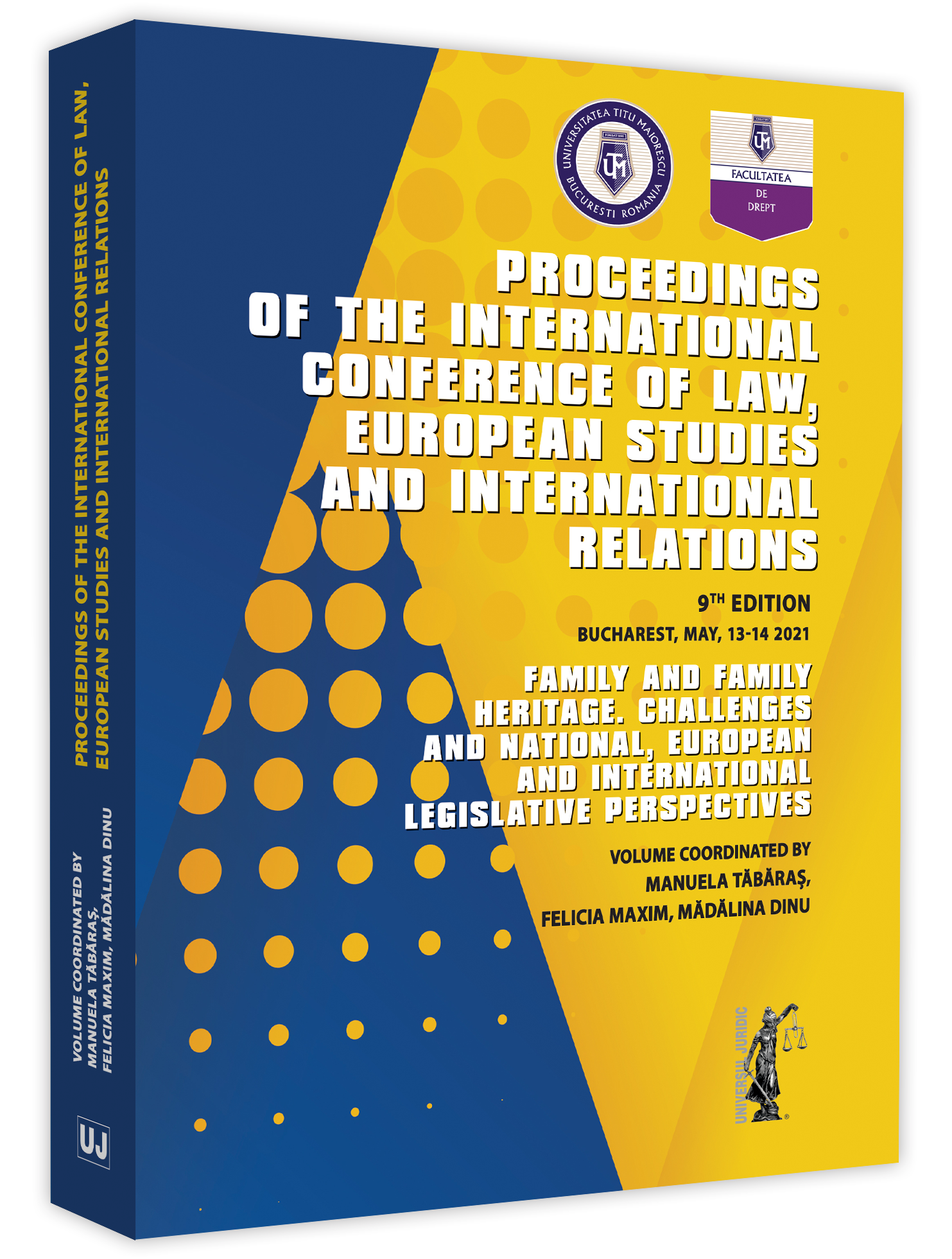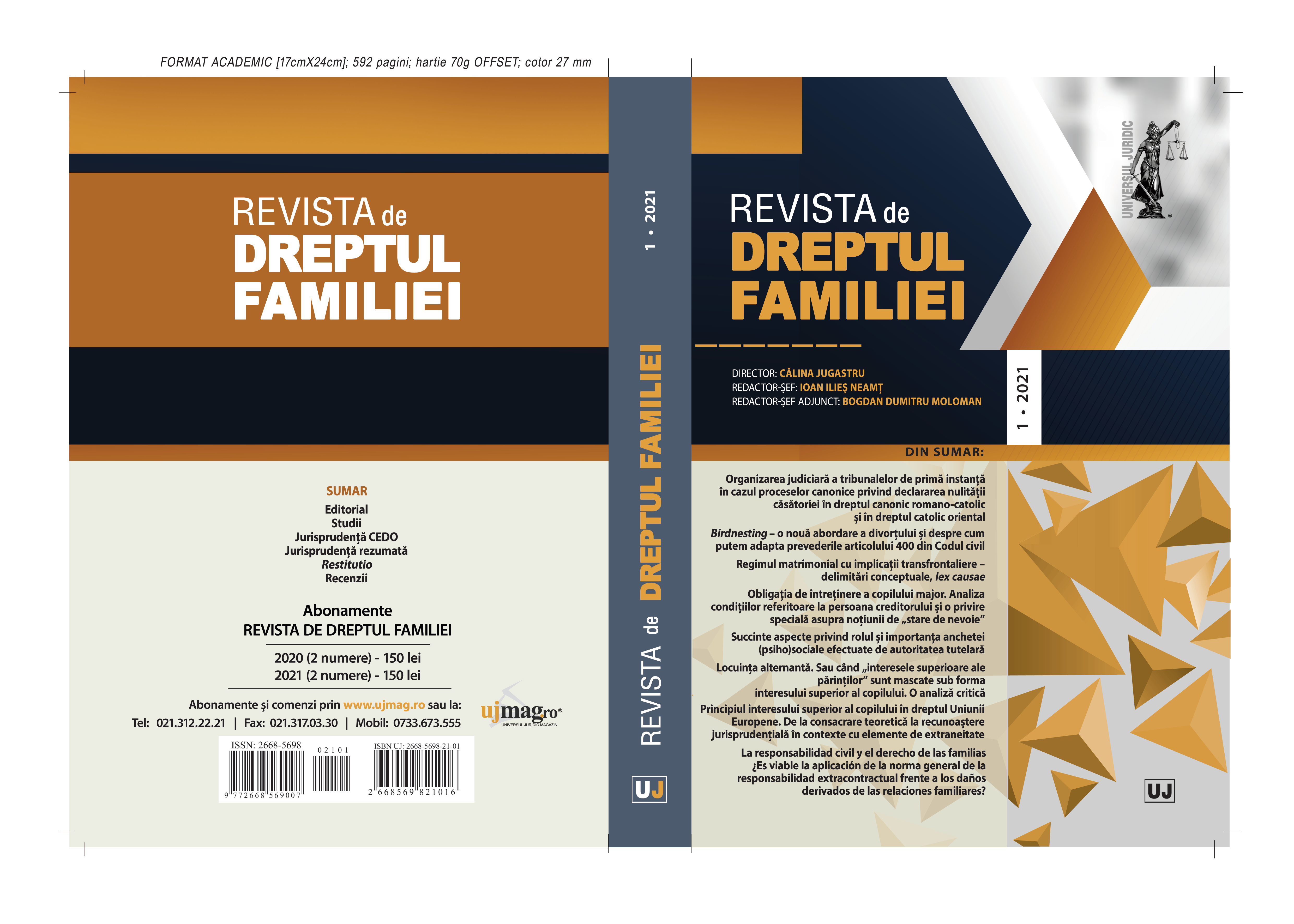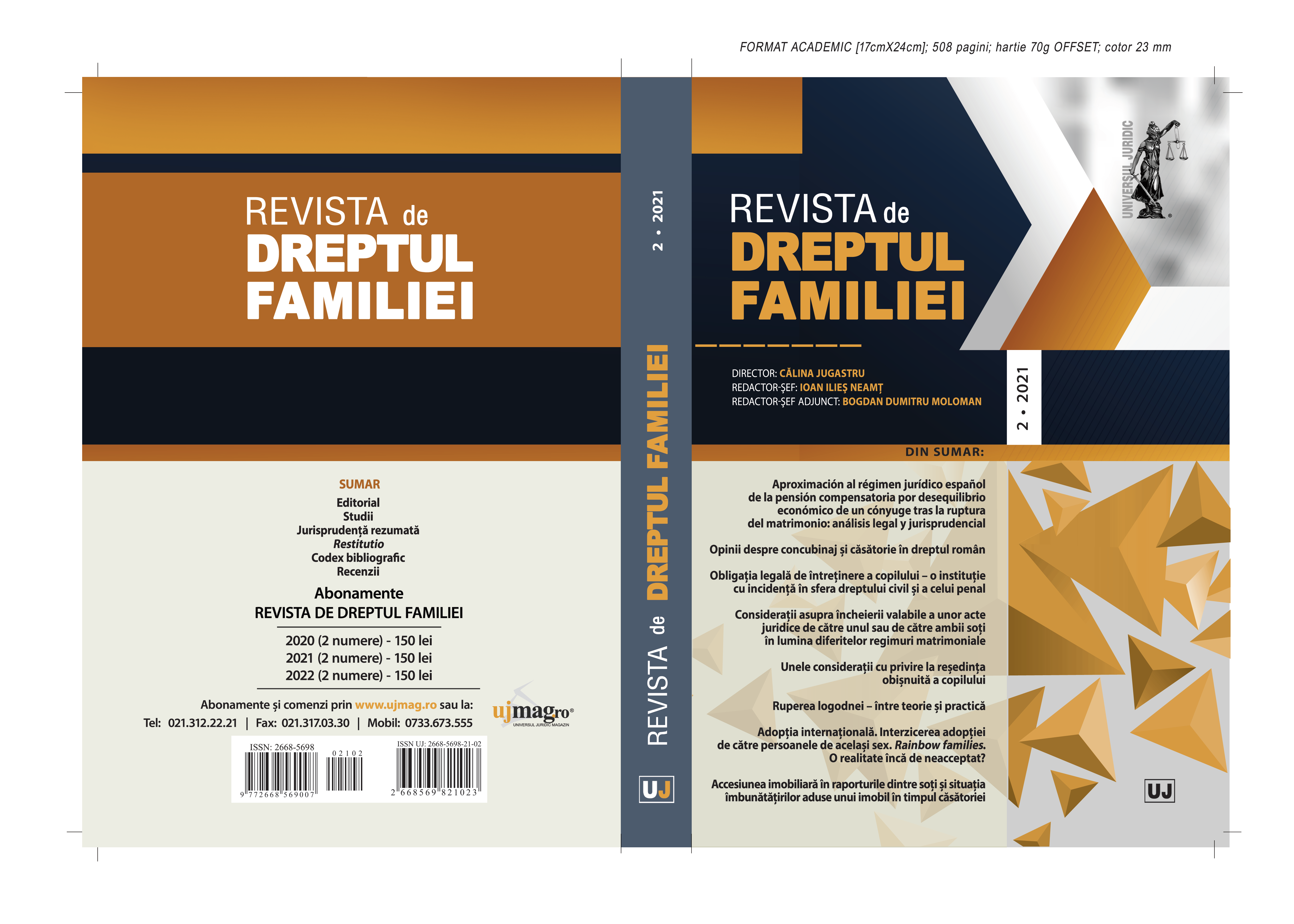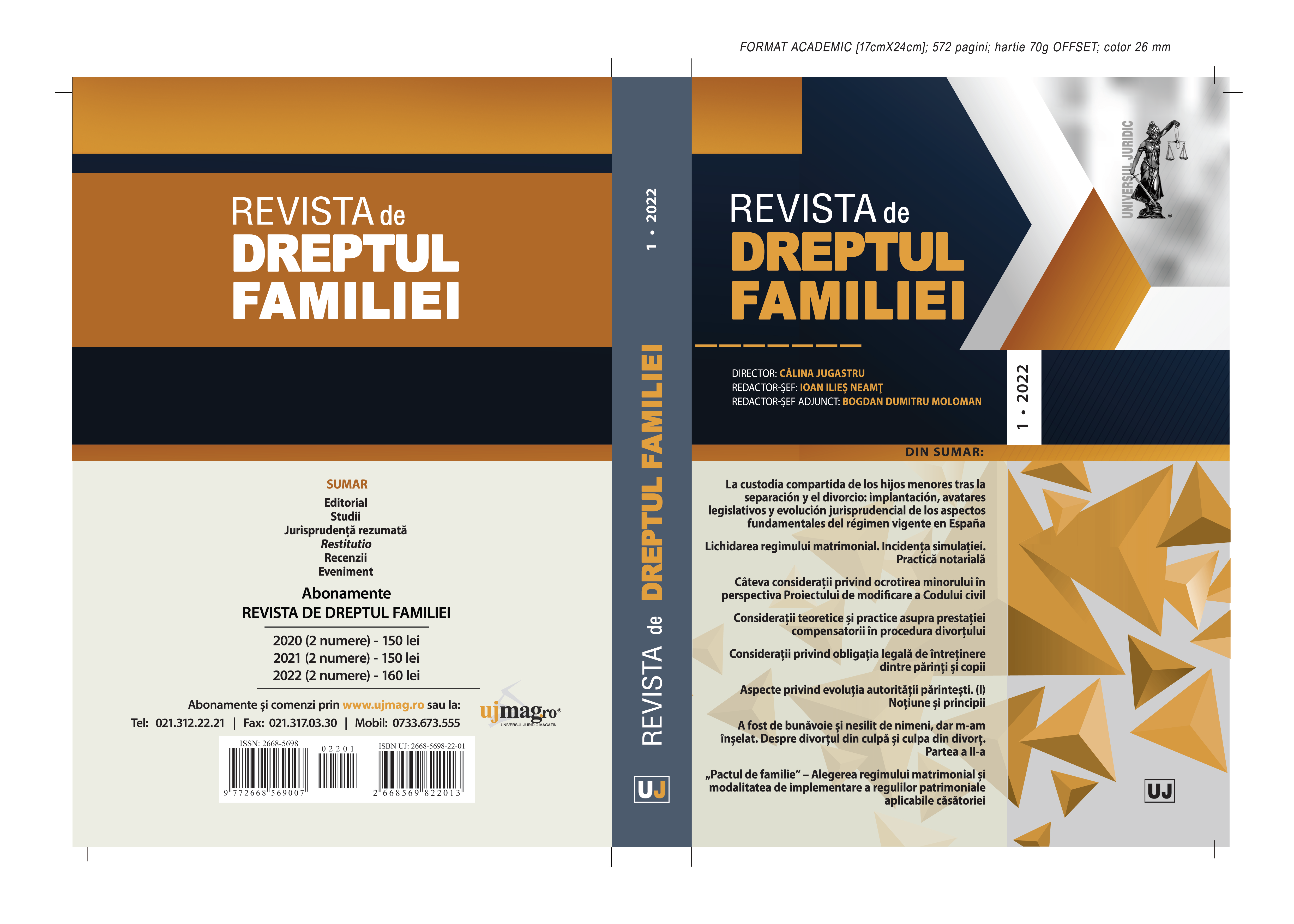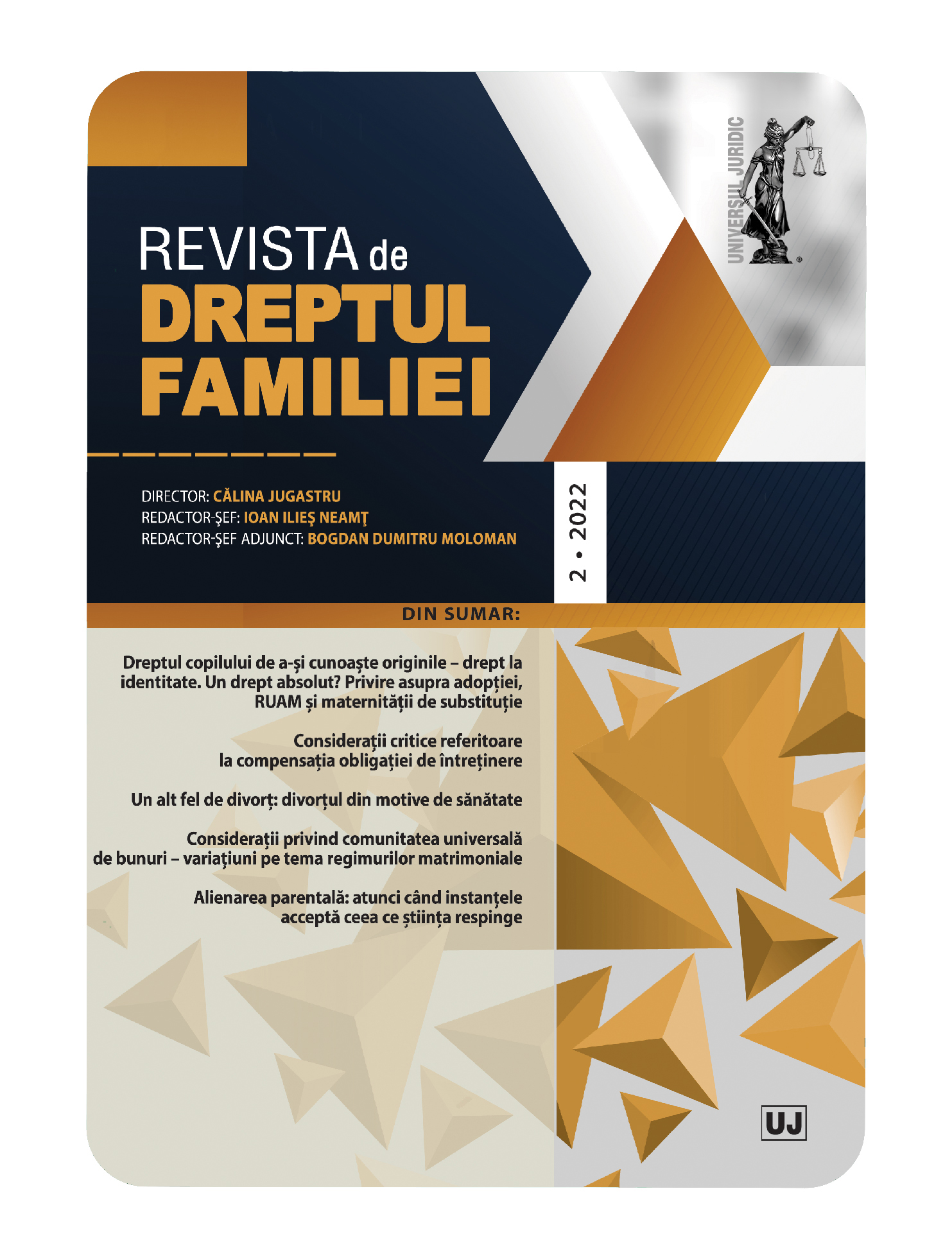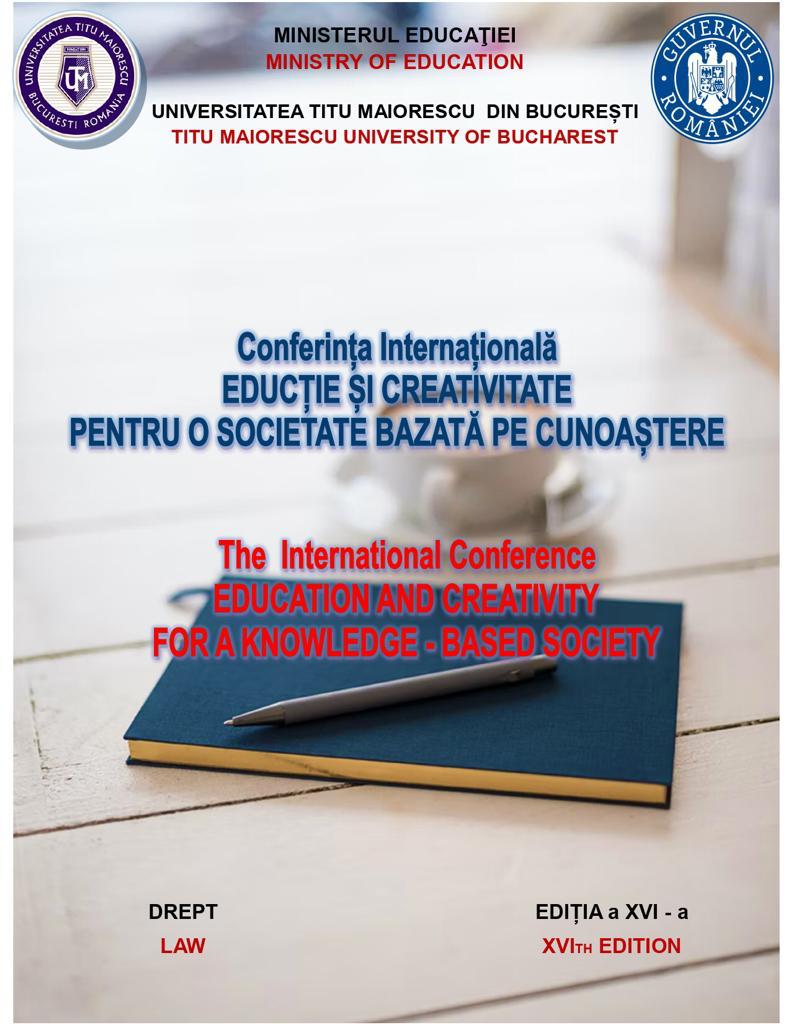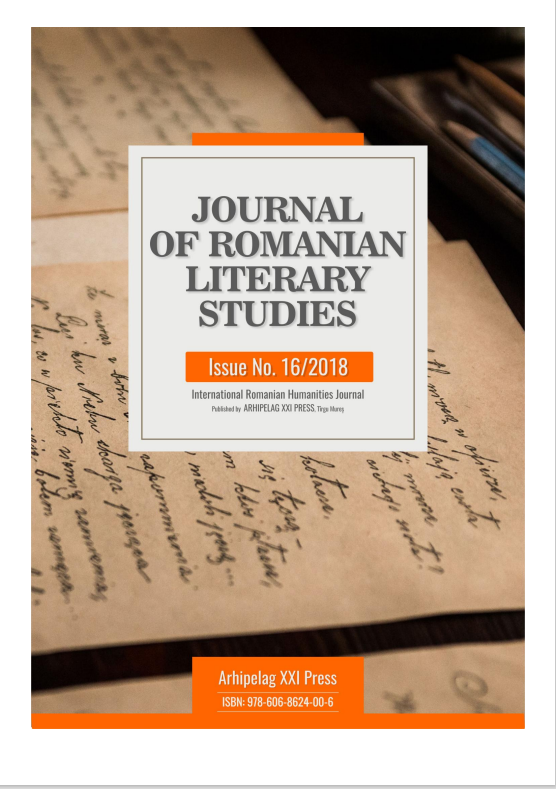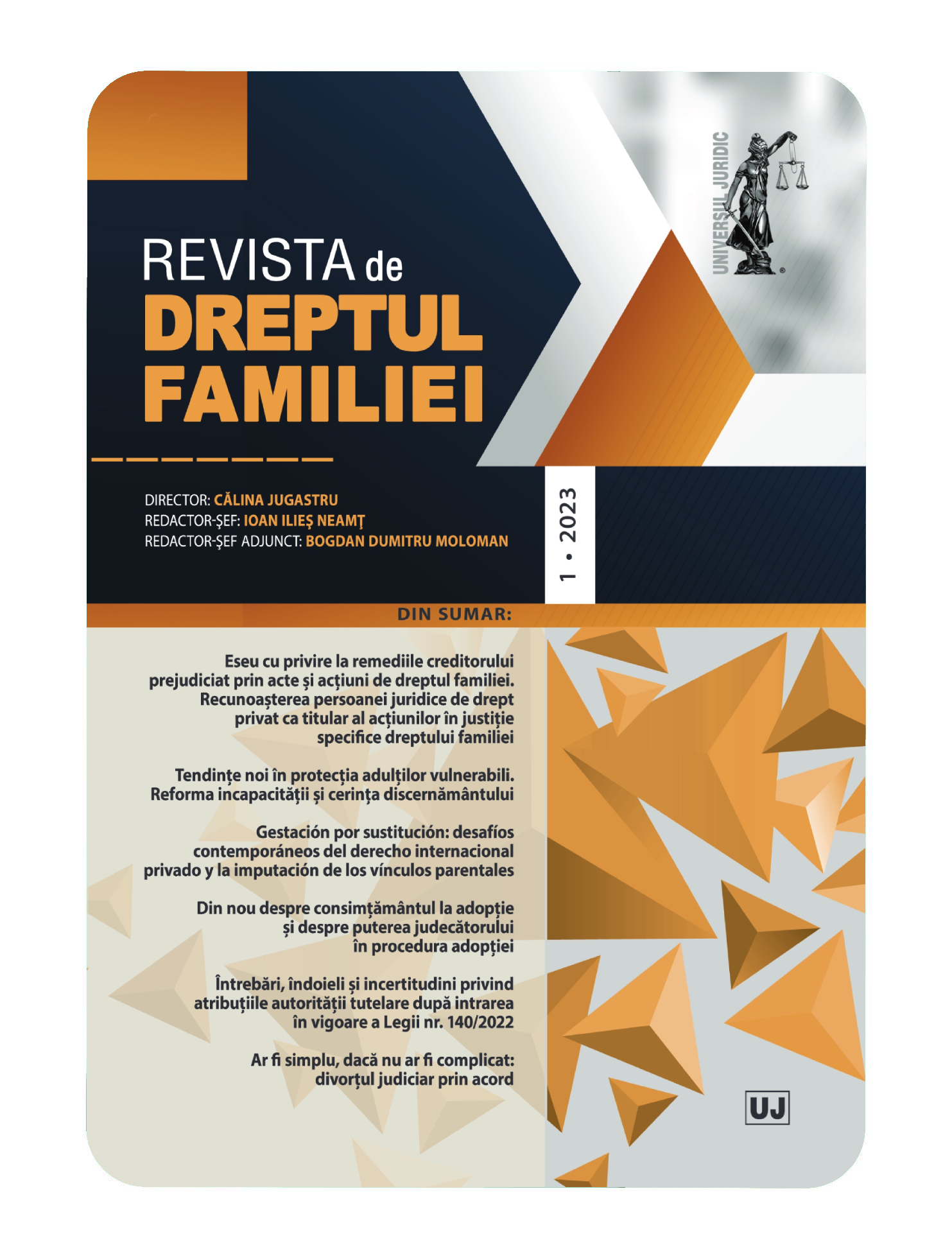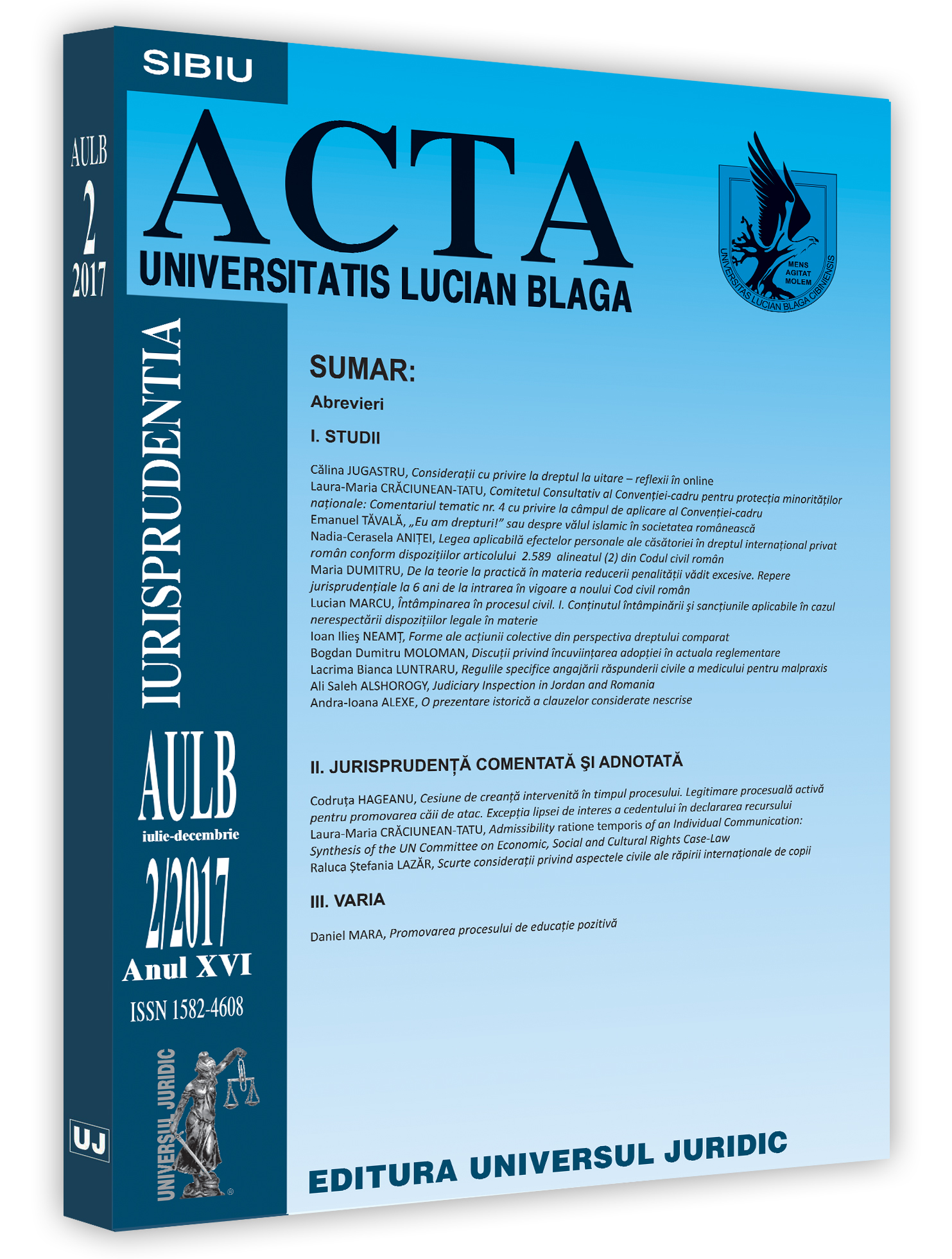
The Romanian Private International Law Applicable to Personal Effects of Marriage as Regulated by Article 2589 (2) of the Romanian Civil Code
Legea aplicabilă efectelor personale ale căsătoriei în dreptul internaţional privat român conform dispoziţiilor articolului 2589 alineatul 2 din Codul civil român
Keywords: the spouses; the law applicable to the general effects of marriage; law governs the personal effects of marriage; personal relations between spouses in the Romanian private international law;
Article 2589 of the Civil Code with the marginal title "The Law Applicable to the General Effects of Marriage" states: "The law determined according to par. (1) applies both to the personal effects and to the patrimonial effects of the marriage which that law governs and from which the spouses can not derogate, irrespective of the matrimonial regime chosen by them.” ( paragraph (2)) Studying the provisions of art. 2589 paragraph (2) We propose to answer the following questions: How do we interpret the provisions of art. 2589 paragraph (2) C refer to the law applicable to the personal effects of marriage? What are the situations in which the Romanian law governs the personal effects of marriage according to the provisions of art. 2589 paragraph (2) C civ? How do we primary qualify the notion of personal effects of marriage from the perspective of Romanian private international law?
More...
